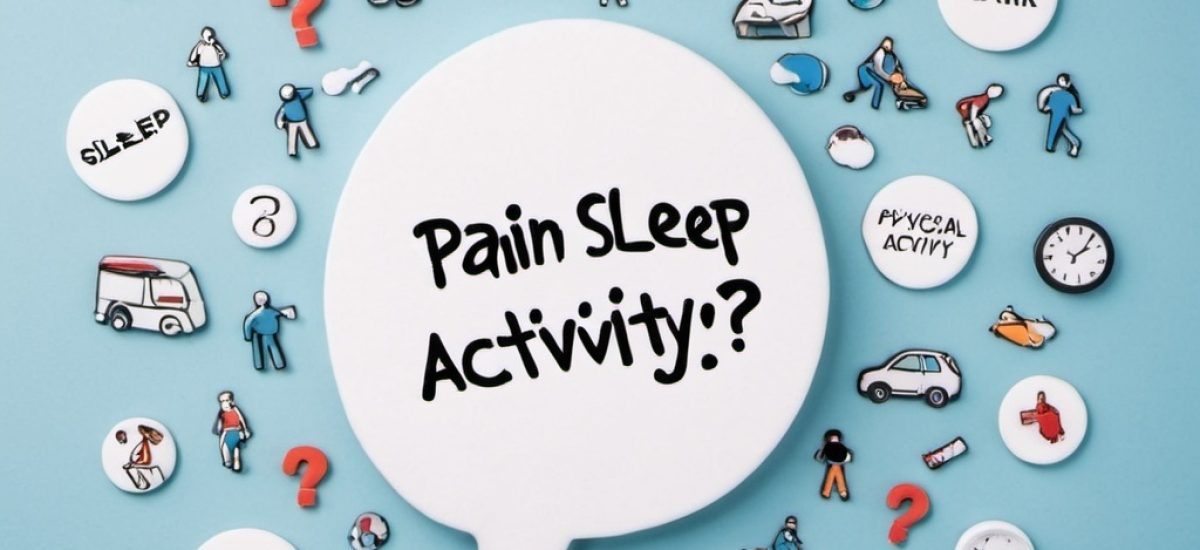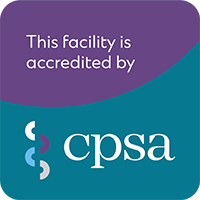Image generation: Openart.ai
We are very fortunate to receive a Research Grant in The Future Role of Physiotherapy in Primary Care fom the Physiotherapy Foundation of Canada to investigate the effects of pain, sleep and physical outcome in people with chronic whiplash-associated disorders. The primary investigator for this successful grant is the quite brilliant Lisa Jasper from the University of Alberta. What are we studying:
“Physiological Measures Associated With Poor Health Outcomes in Chronic WAD: A Cross-Lagged Panel Analysis of Fitness Tracker Data”
That all sounds a little complicated. Let’s break it down a little. Most people understand that pain affects sleep and sleep affects pain. Similarly, if you’ve had a lousy sleep, your physical activity lowers could be lower and likewise your subsequent sleep could suffer. And the bi-directional relationship between pain and physical activity makes sense to. So, I think everyone agrees that this is all possible – however, in the field that we’re passionate about, there isn’t data to necessarily support these relationships.
Thus, rather than guess, or alternatively, rather than treat everything (i.e. sleep and physical activity and pain) in every single person with chronic symptoms following a whiplash injury, we thought we should collect some data to investigate these relationships further.
What Is Our Hypothesis?
We expect that sleep will be the big driver of these relationships, and that worse sleep will affect next day pain, and also reduce physical activity levels. This is based on our previous research on sleep disturbances in chronic WAD.
How Are You Collecting Data?
We’re leveraging the daily data available with fitness trackers – that being a Fitbit Inspire. Participants with chronic WAD are asked to wear the device for a week, 24 hours a day. We are also collecting data in an age/sex-matched cohort for comparison.
When Will You Know the Results?
We are hoping that we will have the data before the end of the year, when the fun analyses will start to check our hypotheses.
How Can I Help?
If you are 18-65 years old and you have ongoing symptoms from a whiplash injury within the last 5 years, then we’d love to speak to you. Alternatively, if you’re healthy without any recent treatment for aches and pains, then you also might be able to help us, which we’d be very grateful for. Just click here to reach our wonderful research co-ordinator.
We look forward to updating everyone when we know more 😊





